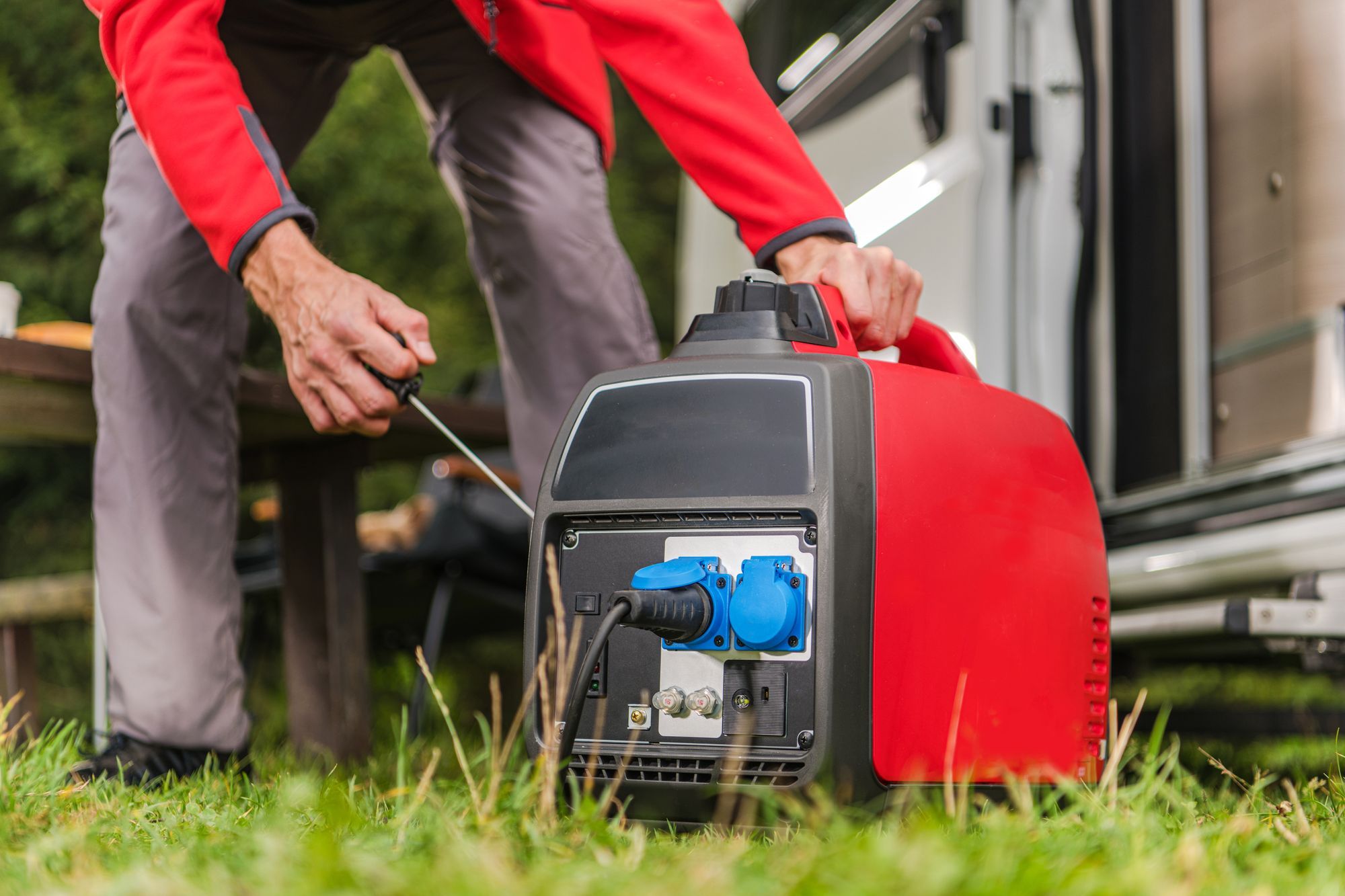
Portable and Fixed Generator Shopping Guide
It can be comforting as well as lifesaving to have a safe and effective means of generating electricity when the power grid is down. Food refrigeration, air conditioning, heating, pumping of water from wells, and lighting are just a few things that are relied upon on for survival. If you know what to look for, making a choice from available power generators is easy.
Getting Started With Understanding Different Generators
It is important to know the peak and sustained amount of electricity in watts that will be needed before going shopping for a new generator. Major appliances have a sticker or plate indicating the watts that are used. Manufacturer websites are another source to find out wattage amounts used by devices without labels. Incandescent bulb wattage is easy to figure out, but compact fluorescent bulbs consume less wattage to output an equivalent amount of light. Motors such as compressors in refrigerators or blowers in forced air furnaces have a peak wattage rating. Electric motors use more watts on startup and then taper off as they get up to speed. Peak wattage needs to be considered to ensure generators can handle the surges.
Types of Generators
Fixed and portable are the two main subtypes when it comes to electricity generators. Fixed units usually provide enough electricity to power the whole building they are connected to. Portable units usually are plugged into a few things through the use of extension cords to just get by until the main power comes back on.
Generators by Fuel Type
Most standard portable generators for home and campsite use run on gasoline. Some portable units also run on diesel fuel. Specialty engines for a few portable models allow connections to natural gas or propane. Large fixed units often run on diesel fuel stored in large underground tanks. Natural gas or propane can also be used. When the electricity goes off, gasoline pumps at the local gas station will also likely be off. Storing gasoline is riskier than storing diesel or propane. Natural gas generator hookups for portable generators require professional installation of a connection pipe outdoors.
Considering Fuel Types
Agricultural and livestock properties should get generators that match the fuel type that is already stored in quantity on site to power large equipment. Otherwise, consider the ease of acquiring and maintaining a steady fuel supply to the generator during a prolonged power outage lasting three days or longer.
- Gasoline. Risky to store in quantity. Quality degrades quickly.
- Diesel Fuel. Easier to store but may become unusable before generator is needed. Farms usually have diesel storage tanks on site.
- Natural Gas. Public utility with supplies that are rarely interrupted during power outages.
- Propane. Easy to store on site in portable or large tanks. Many rural properties already use propane for heat and cooking.
Features to Consider in Generators
Fixed generators should detect power grid failures and automatically switch off the incoming power main service to avoid backfeeding electricity from the generator into the power grid. Also, the generator should self start and stop as well as monitor the power grid. When main power is restored, a fixed unit should automatically switch the service back to main power and power down the generator. Portable units big enough to power a portion of a residential home's electricity needs should be mounted on wheeled frames to make them easy to move. Locking plugins for extension power cables are also helpful. If electronics such as computers or televisions are going to be plugged into portable generators, the output should be a pure sine wave suitable for electronic devices. Standard household electrical current operates at 60hz at 120 volts. Lower priced or non-brand generators may not produce electricity safe for use in sensitive electronic equipment.
Things to Look for in a Generator
- Fuel use per hour at 80 percent power generation.
- Safety features such as GFCI protection.
- Number of regular outlets.
- Number of 240 volt outlets needed.
- Low noise output at operating load (not just at startup).
- Easy to maintain filters, oil, spark plug, etc.
- Ratings for ease of start in cold weather or after prolonged storage.
If only a refrigerator, furnace blower motor, low wattage electric lights, and a television and DVD player are going to need power during outages, a small portable generator that has an output of approximately 8,000 watts is likely sufficient. If travel to a distant gas station outside of the power outage area is feasible, then gasoline-powered generators are a reasonable choice. However, if sensitive electronics such as medical equipment or an air conditioner needs powered, generators rated at higher wattages with pure sine wave power output are a better choice. If liquid fuels are likely to be unattainable during power outages, then natural gas or propane are better options for both fixed and portable units.

